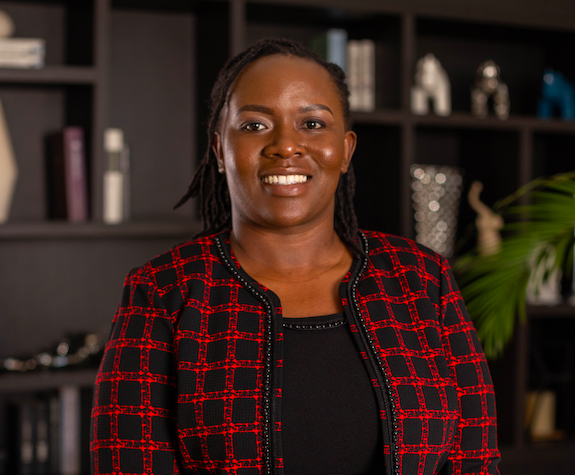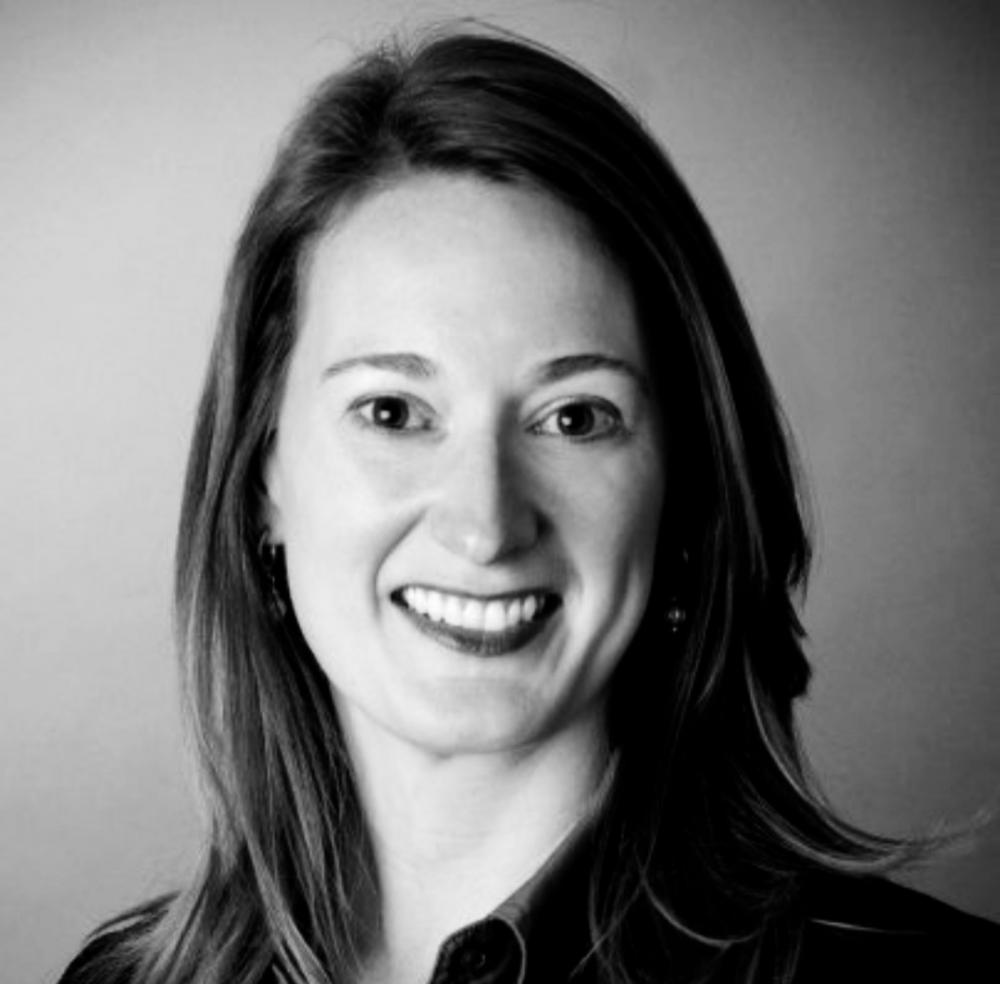
Life for Sewedo Mautin looked very different when he was growing up in Nigeria. He didn’t have a reliable toilet in his home for the first 22 years of his life. He would either go to a neighbor’s house or travel nearly three-quarters of a mile to use a toilet. When he became homeless as a young man, finding a safe, clean toilet became even more of a challenge. Today, Mautin lives in Finland and works for Kimberly-Clark as a product engineer developing baby and childcare products for emerging markets in the Middle East and Africa.
He has leveraged both his life experience and professional expertise in his work to mentor entrepreneurs in the pilot phase of the Women in the Sanitation Economy Innovation Lab, a partnership between Kimberly-Clark and its foundation, the company’s Kotex brand, and the Toilet Board Coalition, a public-private partnership that brings businesses, investors and governments together to scale market-based solutions for sanitation issues.
“We spent a lot of time sharing experiences”
During the six-month pilot, five female entrepreneurs in the sanitation space from the U.S., U.K. and Kenya participated in the Innovation Lab’s mentorship program, which featured 11 Kimberly-Clark employees from around the globe who served as mentors to the entrepreneurs. Mautin was intrigued by the program and applied when he learned that the lab was looking for a mentor for entrepreneurs in Kenya.
He was accepted into the program and partnered with Maureen Amakabane and her Kenya-based company Usafi Sanitation Limited, which markets, sells and installs low-cost handwashing stations, biological waste digesters (bacteria that breaks down waste), and eco-friendly toilets that run without chemicals, electricity or water.

Mautin knows from experience that waste management is a daily struggle in parts of Kenya, and helping entrepreneurs from the region on these issues held personal significance. Both he and Amakabane experienced periods living without access to any sanitation. "We spent a lot of time sharing experiences,” he said to TriplePundit in a recent interview. “These types of experiences in your life really affect your future and how you view the world.”
Paying it forward as a mentor
When Mautin was doing his technical study in Nigeria, his wages weren’t enough to meet his daily needs, and he became homeless. “I continued with my education,” he explained, and help came unexpectedly. He met a man (Kunle Olaide) in his church who gave him temporary accommodation until he was able to finish his studies.
“Today, the guy who helped me has become family,” Mautin said. “He gave me a lifeline.” It was that experience that made him want to pay it forward when the opportunity arose to become a mentor.
Pushing Usafi’s sanitation solution to the next level
Mautin mentored Amakabane with one of his Kimberly-Clark colleagues who helped Amakabane with her marketing skills, and Mautin focused on business plans and partnerships. They were fortunate as well that Amakabane has been in business for about 10 years, so she had already developed proficiency in areas like market needs and product development.
Mautin helped Amakabane to connect with the Technical University of Kenya and look for ways to collaborate on the production of handwashing stations and waterless toilets. Mautin previously worked with a university in Finland, and he brought his experience to bear when navigating the academic landscape.
“We reviewed the entire process together – who to approach at the university and the best way to do so, in addition to walking through intellectual property issues,” Mautin explained. "We talked about what to discuss [with the university] and how she should position her business needs and overall vision.”
Amakanabe also noted that relationship-building was a key element of the mentorship. “[Mautin] helped me curate the technical bit of the business model,” she said to 3p. “We polished the idea of partnering [with the university].”
Solving global challenges through mentorship
According to the World Health Organization, 2 billion people do not have access to basic sanitation like toilets or latrines. Over 800,000 people die every year because of inadequate sanitation and hygiene services, including nearly 300,000 children. Further, health is not the only factor at play. Safety is a serious concern as well, especially for women and girls, who are more prone to attacks and harassment when they lack access to reliable sanitation services and are forced to seek relief in the open.
Amakanabe’s business aims to reduce this inequality, which aligns perfectly with Kimberly-Clark’s global ambition to improve the lives and well-being of 1 billion people in underserved communities around the globe by 2030 – with the smallest environmental footprint.
Mautin was animated when speaking about the mentorship. He gained a lot from it himself while knowing that what he was doing was also helping Amakabane take her business to the next level. “I came to appreciate more about what I do,” he added. “It led me to appreciate my job more and see myself as an 'intrapreneur' at Kimberly-Clark – not just an employee. It helped me think beyond this program and start reflecting on how I can help others who don’t have access to toilets.”
Mautin already told the mentorship organizers that he would like to continue his work with the program, and he also feels his work with Amakabane is not quite finished. “We had a major focus on the university partnership and the technical aspects, so it felt more like we had just planted a seed…there’s more growth to come,” he said.
The bottom line: What makes mentorship work
Mautin’s biggest piece of advice for other mentors and mentees is to set expectations from the beginning. “We need to understand from day one what to focus on and make it clear what is possible and what is not,” he said. “Shared objectives need to be well sorted from the start.”
In the end, Mautin felt empowered by the mentorship experience and thought it tied closely with his work and with Kimberly-Clark’s goals. “When I look at some of my colleagues, we have a lot of technical experience and commercial expertise to support this program,” he told 3p. “The Innovation Lab magnified how my personal purpose ties into Kimberly-Clark’s purpose of Better Care for a Better World.”
At the end of the day, however, it was about people connecting with each other to improve lives. For Mautin, he knows the power that one person can have on someone’s life – like the man who helped him get back on his feet when he was homeless.
He’s grateful for the opportunity to now leverage his strengths, skill set and life experiences to help others through programs like the Innovation Lab. Mautin and Amakanabe agree that mentorship is powerful – its impacts can extend far beyond the mentee and mentor while positively impacting communities for generations to come.
This article series is sponsored by Kimberly-Clark and produced by the TriplePundit editorial team.
Image credit via WaterAid/Eben Liebenberg

Kate is a writer and policy wonk, with a focus on water, clean energy, climate change and environmental security. She spent over a decade running energy-water nexus and energy efficiency programs at Environmental Defense Fund as well as time at the U.S. Departments of Energy and Defense, U.S. Government Accountability Office, and state and federal legislatures. She serves as an Advisory Board member of CleanTX, which aims to accelerate the growth of the clean tech industry in Texas.














